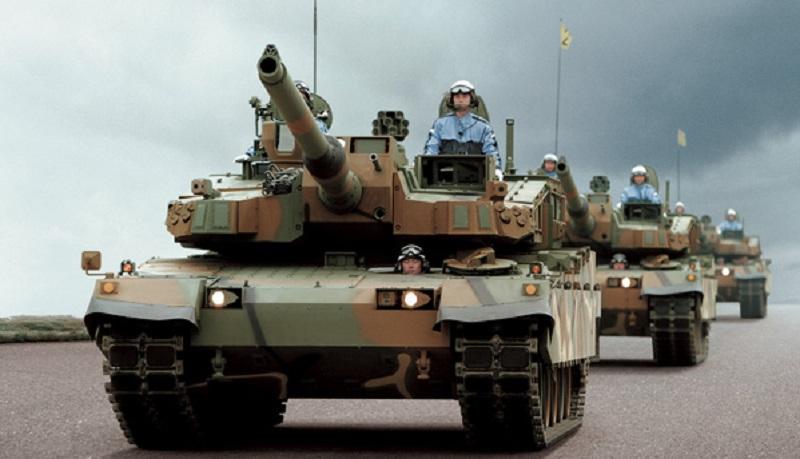The South Korean Defense Acquisition Program Administration (DAPA) said in a recent statement that South Korea had successfully deployed the secondary mass production of K2 tanks powered by domestic engines. In the second mass production, unlike the first mass production, which was powered by a foreign power pack, the localization rate was increased compared to the first mass production by installing a mixed power pack that combines a domestic engine, cooling system and foreign transmission. The power pack is a device composed of the engine, transmission, and cooling device, and is responsible for generating the power of the tank.
The K2 Black Panther is a next generation South Korean main battle tank designed by DAPA and manufactured by Hyundai Rotem. Developed as a modern main battle tank that will replace most of the remaining M48 Patton tanks and complement the K1 series of main battle tanks currently fielded by the South Korean military, the K2 Black Panther combines an auto-loaded 55 caliber 120 mm main gun, advanced composite armour along with hard and soft-kill active protection systems.The K2 costs over US$8.5 million per unit, making it one of the most expensive main battle tanks in service, of any nation.
In March 2011, DAPA announced that mass production of the K2, which the Army was expecting to deploy in 2012, would not happen due to problems concerning its engine and transmission. In April 2012, DAPA announced that due to ongoing issues with the reliability and durability of the domestically-produced powerpack, the first 100 production K2s would use German-made MTU powerpack and that service entry would be delayed until March 2014. The first 15 K2 Black Panther tanks were put into service in June 2014. Faulty indigenous engines and transmissions previously halted production, but the lowering of required acceleration performance allowed it to enter service.
After the first 100 models, which were built with the domestic Doosan 1,500 hp engine and S&T Dynamics automatic transmission. Hyundai Rotem signed a contract from the second batch of 106 K2 tanks in December 2014, but the vehicles continued to have powerplant issues due to the S&T Dynamics transmission failing durability tests. In February 2018, DAPA announced the second batch would have a “hybrid” powerpack consisting of the locally developed engine with the German RENK transmission system, allowing them to start entering service in 2019. An additional contract for the production of a third batch of about 110 K2s is to follow within the next several years.












